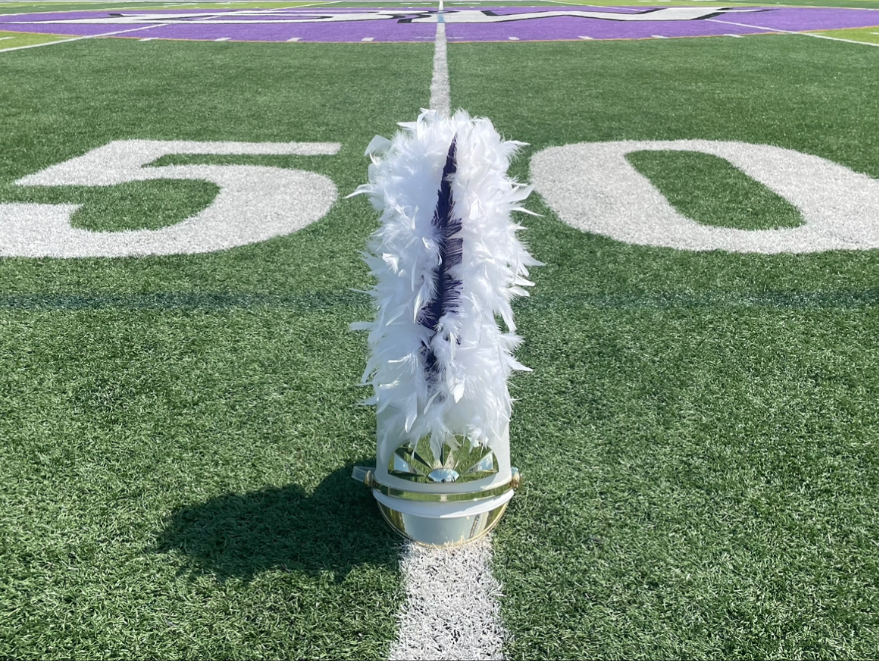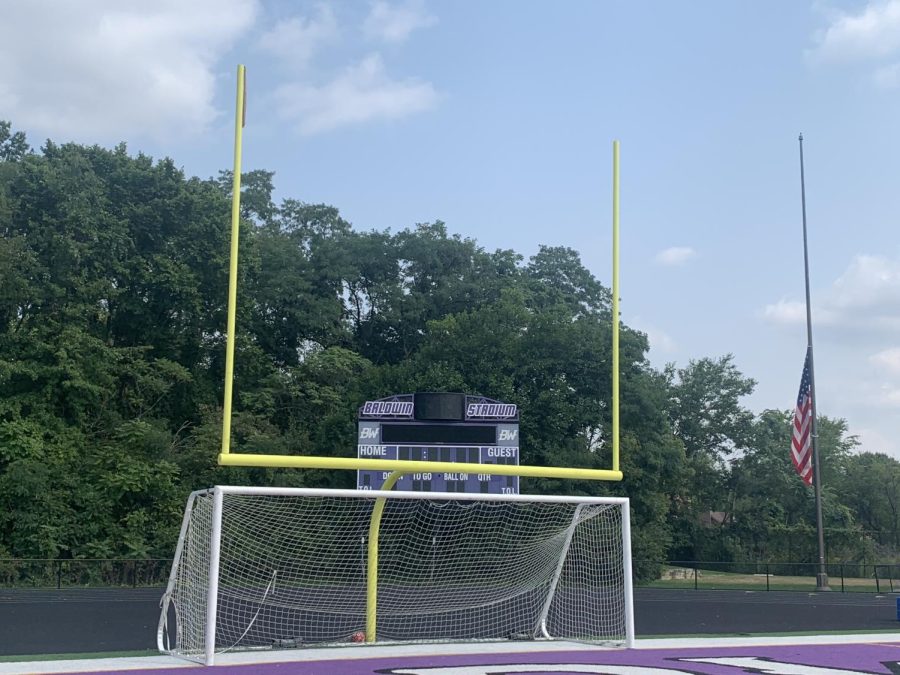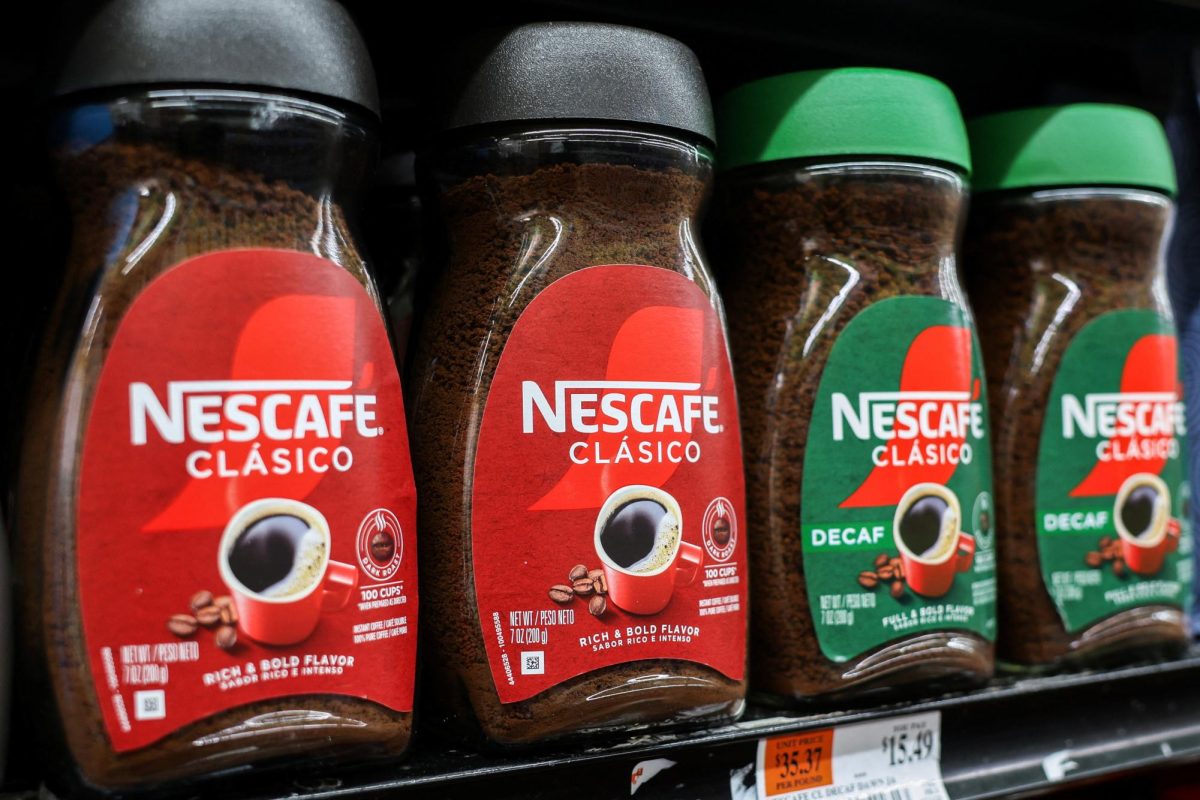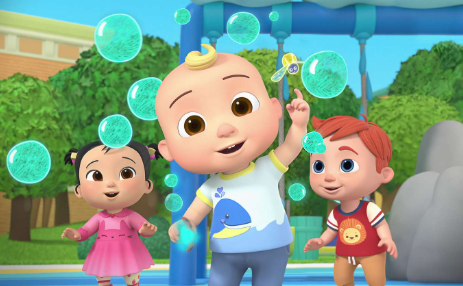Pro/Con: Court upholds TikTok ban

A panel of federal court judges today upheld a new law that would ban the app TikTok unless its owner, ByteDance, sells it to a non-Chinese company by Jan. 19.
According to a story in the New York Times, American lawmakers and intelligence officials argue that ByteDance has connections to the Chinese government. Because of this, they say, the app poses a national security threat because it could give the Chinese government access to TikTok users’ personal information. In addition, they believe that the Chinese government could be peddling propaganda via TikTok to influence app users voting in the U.S. elections.
There has been no publicly shared evidence of any of these claims occurring. TikTok CEO Shou Zi Chew previously said that the Chinese government has no control or ownership over ByteDance. This claim also has no way of being verified.
However, the ban is unnecessary, restricting both people from enjoying a largely harmless app and the First Amendment rights of American citizens.
Again, there is no proof that China has any influence over the app. TikTok is actually banned in China.
TikTok’s primary audience and consumers are children who likely not care much for politics. Adults who are on TikTok most likely already have their own political beliefs. Their feeds will reflect that.
Teenagers are primarily the ones who are more likely to receive all of their news from platforms like TikTok. People who are in favor of the ban believe that teenagers’ political beliefs, which might not be not on solid ground yet, could be influenced by what they see on TikTok.
But someone’s political beliefs rely on many more components than content from an app. Other factors include the teen’s upbringing, their own values, and conversations with friends all play a bigger role.
In most cases, TikTok plays a minuscule role in the values and beliefs of a teenager. Therefore, banning the app will not have any practical use. Instead, it will deny people’s First Amendment rights, careers, and enjoyment.
TikTok must either be sold to a new owner outside of China or the app will be banned in America next month, a federal court ruled today.
The U.S. law that the court upheld was approved last April. According to a story from The New York Times, lawmakers speculate that the app has been stealing users’ personal information and using it as propaganda against the U.S. in China.
While teens might disagree, the TikTok ban is a good idea. While the app might be a source of information and entertainment for many teenagers and adults, it might do more harm than good having it available in America.
People need to know that even though TikTok provides users with entertainment and information, it could cause leaks of information to other countries.
TikTok has been cited by several federal officials as a threat to the security of the U.S. People also need to remember that this is just one app: Other apps can do the same thing TikTok does, like Instagram Reels and YouTube Shorts.
The federal government and more than half of the states already have banned TikTok from being used on any government-issued mobile devices, for security purposes.
If government workers can’t use TikTok on their work devices, there shouldn’t be an issue about banning the app throughout America. While people say that there is no valid evidence of leakage of information, the threat is still there, and people across the nation need to put that into perspective.














